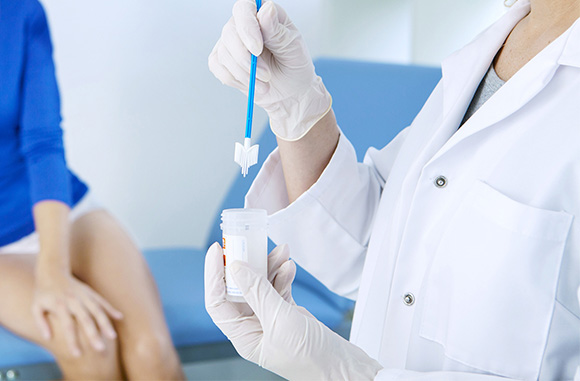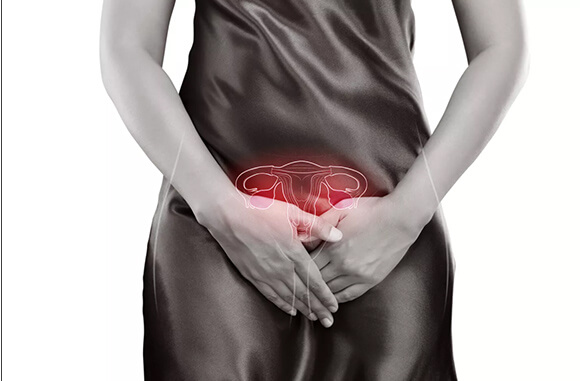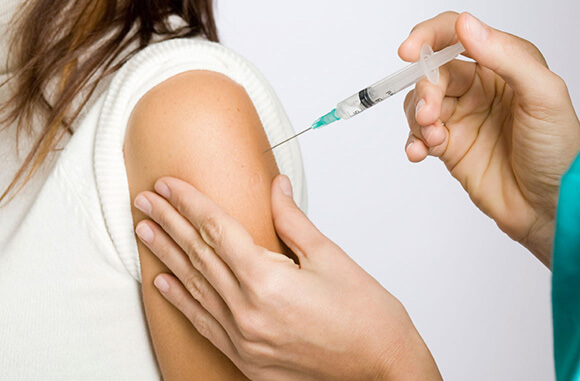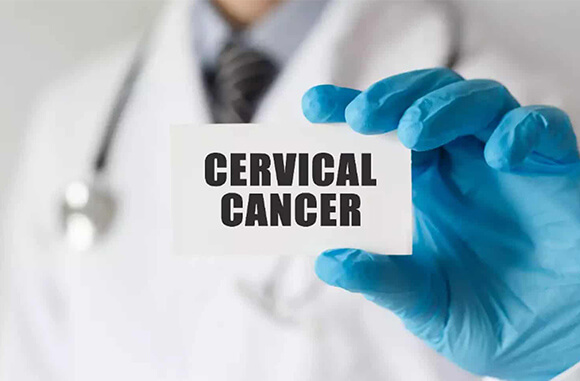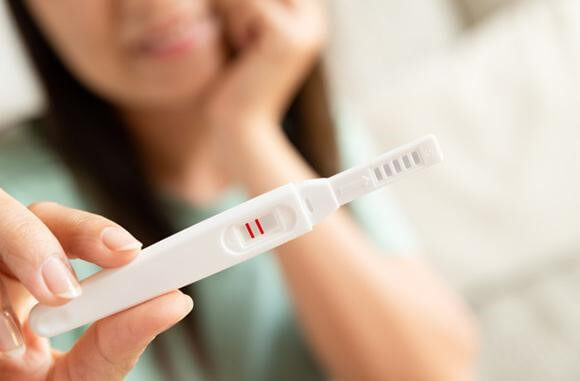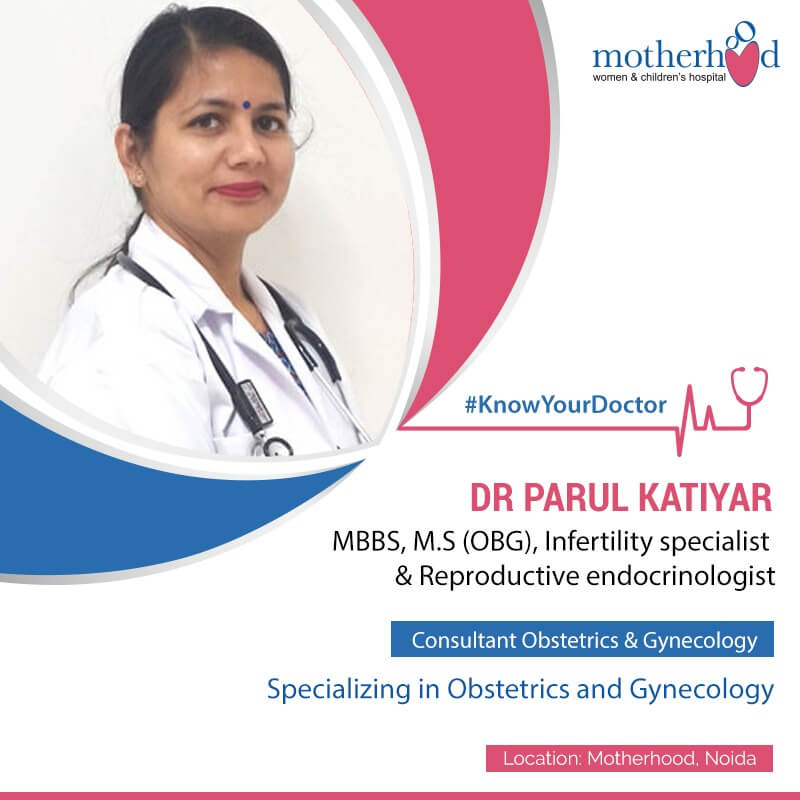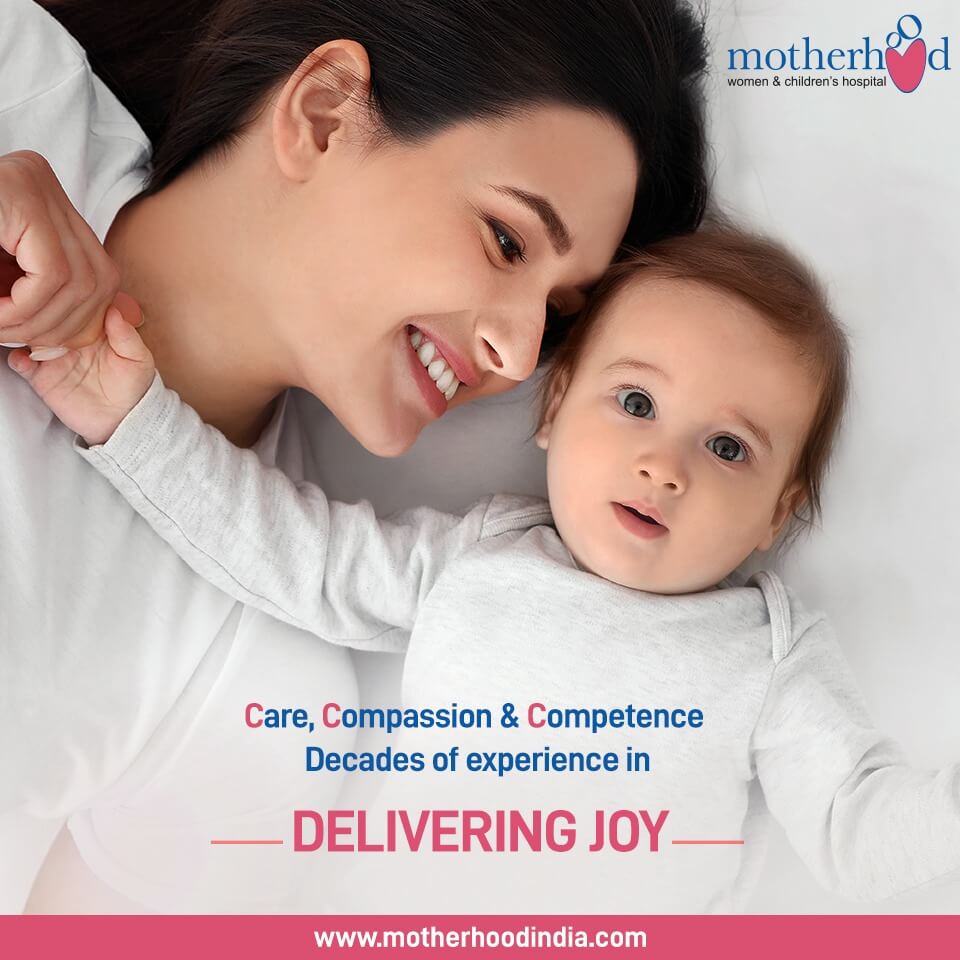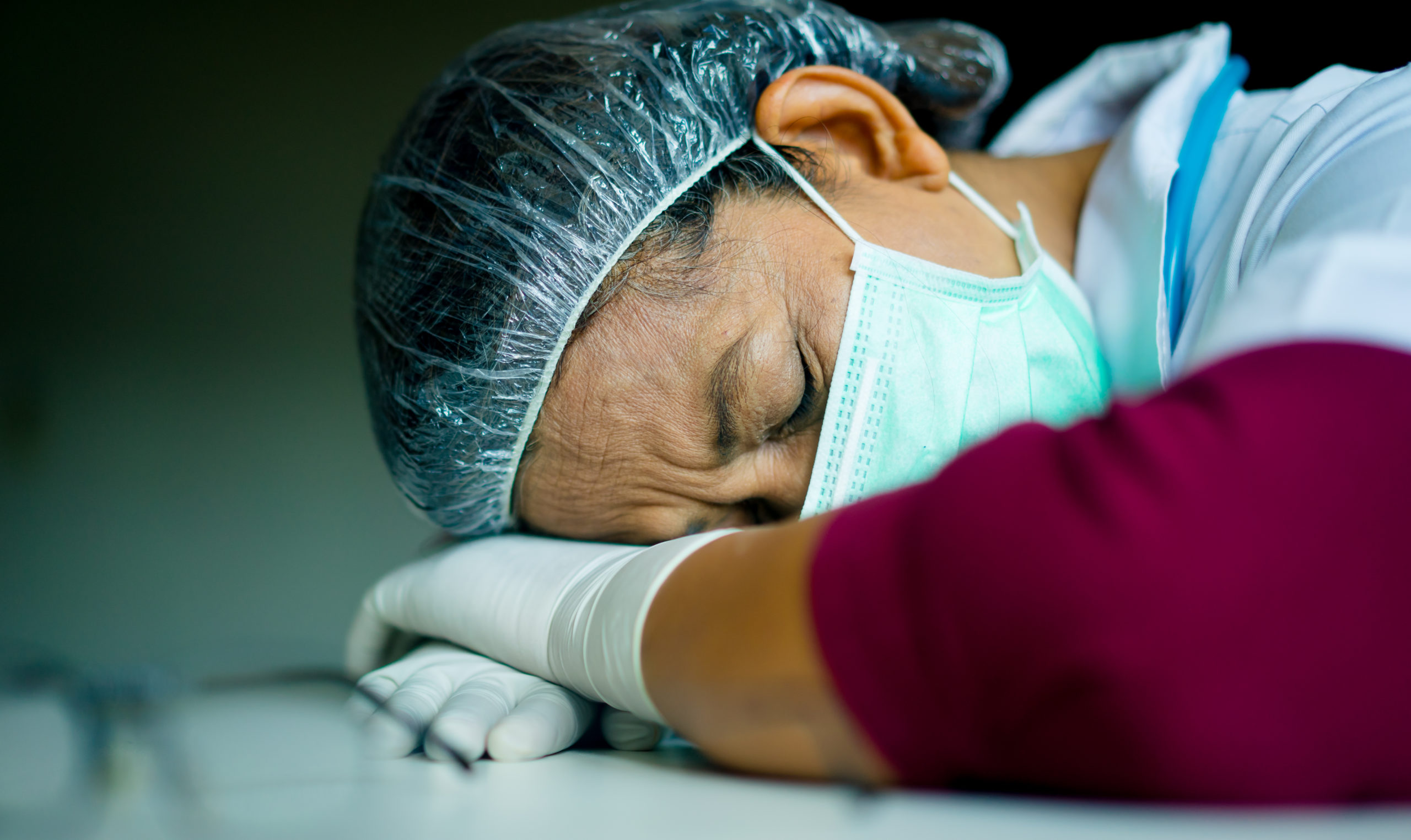Pregnancy care remains one of the most important subjects when a happy couple prepares for happy parenthood. Fertility issues tend to affect about 15% of the global population. The doorway to effective parentage can sometimes be full of hurdles and challenges. Fertility issues may differ from person to person based on various parameters. Thankfully, there are natural ways to increase your fertility. Lifestyle changes and food choices play a crucial role in boosting your fertility. The quest for parenthood starts with taking prenatal vitamins and passes through various significant phases. A conceiving diet is the diet that balances all the nutritional contents.
- Start with removing the burden of free radicals:
Antioxidants are turbocharged conceiving foods with high nutritional value. Antioxidants such as zinc and folate improve fertility in both men and women. An increase in folate consumption may improve the rates of implantation, clinical pregnancy and live birth. Men may improve their healthy sperm parameters with foods rich in omega-3 fatty acids and omega-6 fatty acids. The studies are still on to confirm how antioxidants improve fertility. But studies favour the fact that antioxidants have the potential to enhance sperm quality. Conceiving foods like vegetables, nuts, grains and fruits help improve fertility in both men and women. Beta Carotene, lutein, folate, vitamins C and E offer the right reproductive health.
- Make sure you maintain an ideal weight:
Both male and female partners in a couple strive for the ”perfect weight”. But the perfect weight may not always be a healthy or ideal weight for fertility. People struggling to cope with weight loss or weight gain find it difficult to conceive. Weight is one of the important parameters influencing overall fertility. Weight may affect hormonal regulation and ovulation. Women with PCOS may grapple with weight issues. Healthy weight in women, on the contrary, helps regulate normal ovulation and improve the chances of conception.
- Ensure the optimum sperm quality:
The importance of having sperm with optimum quality parameters is the key to healthy parenthood. Sperm motility, concentration, structure and volume are the key determinants affecting reproductive health. Men can go on to establish an exercise routine and a standard dietary regimen. Men may also have to adopt certain lifestyle changes. Avoid smoking, maintain a healthy diet, manage stress and address free radicals with antioxidants. Treat infections and safeguard yourself from occupational exposures to toxins. Some andrologists suggest that a healthy male partner should keep the area around the scrotum cool. It’s under research as to how a cool scrotal area betters male fertility. Men should avoid wearing tight underwear that may affect their scrotal region. Men should even avoid hot tubs or saunas. Some studies recommend that men should keep laptops and cell phones away from the scrotum.
- Avoid recreational drugs:
Studies denote that recreational drugs may interfere with the creation of a healthy progeny. Recreational drugs are linked to the risk of birth defects in the child and medical problems in the mother.
- Avoid caffeine:
Caffein in large doses may increase the risk of miscarriage. Caffeine is present today in various disguises apart from our regular coffee. Restrict your coffee consumption. Even colas and energy drinks contain caffeine. You likely end up consuming more caffeine than you think. Caffeine may associate itself with boosting sperm motility. Nonetheless, above 300mg of caffeine every day may end up damaging the sperm DNA. When caffeine influences your lifestyle in combination with smoking and alcohol, it may result in low-quality sperm.
- Manage your stress and control it effectively:
The overall process of trying for conception includes various steps and prerequisites. Stress is known to interfere with our life in various ways. Studies link stress to the increased production of prolactin in women. Prolactin may interfere with regular ovulation. Stressed men may encounter various reproductive health issues. Enjoy spending time in the activities like yoga and aerobics.
- Enjoy a jumbo breakfast:
Enjoying a mega breakfast may help you include a healthy lifestyle habit. Polycystic Ovary Syndrome (PCOS) is known to be one of the major causes of infertility. Studies show that mega breakfast every day may improve the hormonal effects of PCOS. If Women having PCOS with moderate weight consume most of their calories at breakfast, it balances two of their hormones. Regular and heavy breakfast may reduce insulin levels by 8 per cent and testosterone levels by 50 per cent. Both these hormones are known to interfere with healthy fertility. However, it’s important to downsize the dinner when breakfast is heavy.?
- Include a fibrous diet:
Fibre intake is known to benefit your health in various ways. Fibre helps us get rid of excess hormones and keep blood sugar under control. Certain dietary practices that include fibre may help remove excess oestrogen by binding to it in the intestines. It further helps the overall process by removing the oestrogen from the body as waste. Avocados, fruits and sweet potatoes may help lower the oestrogen and progesterone. The most significant fibre that helps remove excess oestrogen is the soluble fibre from fruits. Always consult your obstetrician/dietician to ascertain a healthy level of fibre in your diet.
- Check and address your protein sources:
Animal proteins like fish, meat and eggs are harmful to some people. Replace the animal proteins with healthy proteins to obtain from nuts, seeds or beans. Some animal proteins may interfere with overall fertility in women. It may help decrease ovulatory infertility by more than 50 per cent if women replace animal proteins with vegetable proteins.
- Enjoy 30 minutes or an hour of regular exercise:
Exercise comes with a lot of fun and a few irreplaceable packs of excitement. It has various health benefits. A rise in moderate physical activity helps maintain finer levels of fertility in both men and women. Men should regularise various fronts of their daily plan. Men should get involved in every physical activity that helps them maintain a healthy BMI. Men may consider including a diet with lean proteins and fresh fruits and vegetables. It’s important to remember that spermatogenesis is a process occurring at slightly below body temperature. Exercise in a good space and avoid overheating yourself. Stop excessive exercise as it may interfere with your reproductive health. When it comes to women, rigorous or strenuous exercise may counteract ovulation and the hormone progesterone. Everyone has his or her own dietary and fitness expectations. Therefore, always ask your obstetrician and dietician about various suitable dietary regimens and exercise techniques.


 Toll Free Number
Toll Free Number








